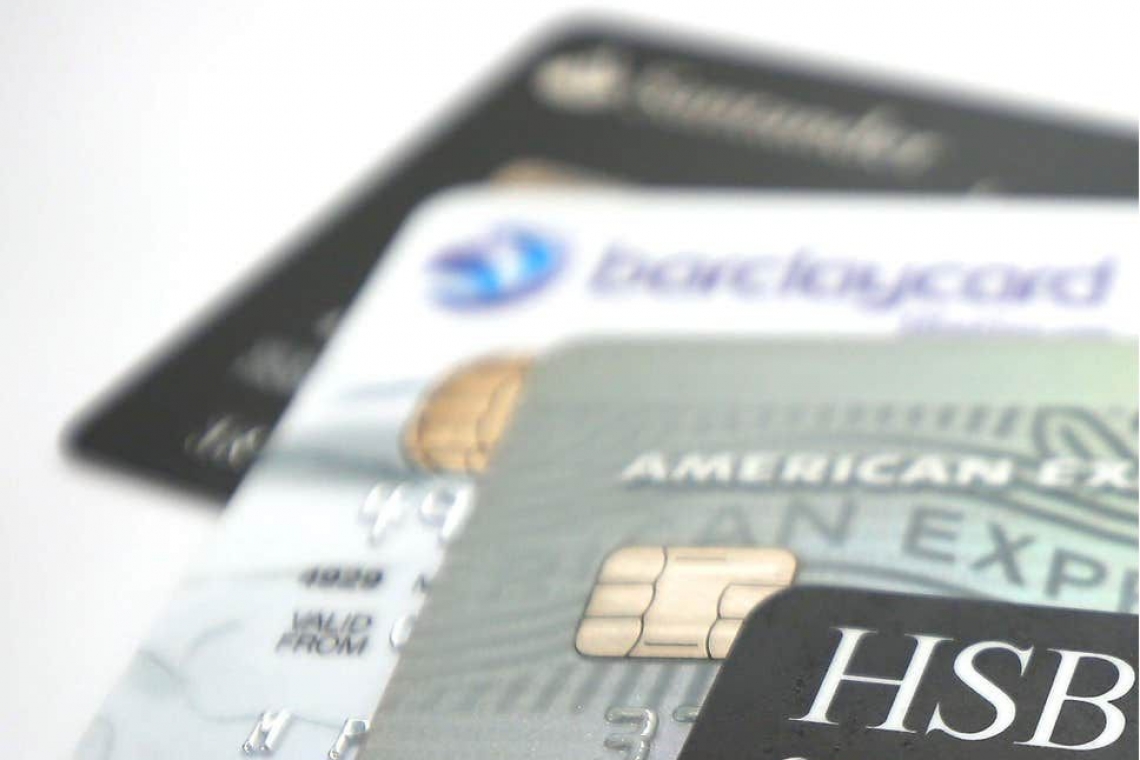Bank account fraud has occurred if transactions you haven’t made show up on your bank statement.
Bank account fraud could happen as a result of identity theft, when cards or bank account information has been stolen.
Protect yourself against identity fraud
- Don’t throw out anything with your name, address or financial details without shredding it first.
- If you receive an unsolicited email or phone call from what appears to be your bank or building society asking for your security details, never reveal your full password, login details or account numbers. Most banks will not approach their customers in this manner.
- If you are concerned about the source of a call, ask the caller to give you a main switchboard number for you to be routed back to them. Alternatively, hang up and call your bank back on the legitimate phone number printed on your bank statements.
- Check your statements carefully and report anything suspicious to the financial institution concerned.
- If you’re expecting a bank or credit card statement and it doesn’t arrive, tell your bank or credit card company.
- Don’t leave things like bills lying around for others to look at.
- If you move house, always get Royal Mail to redirect your post.
- Get regular copies of your credit report from a credit reference agency.
- Notify your bank immediately if you see any unusual activity on your account.
If fraud has been committed, contact Action Fraud.
See also:
Bank card and cheque fraud
Identity theft and fraud
Mandate Fraud
Phishing


